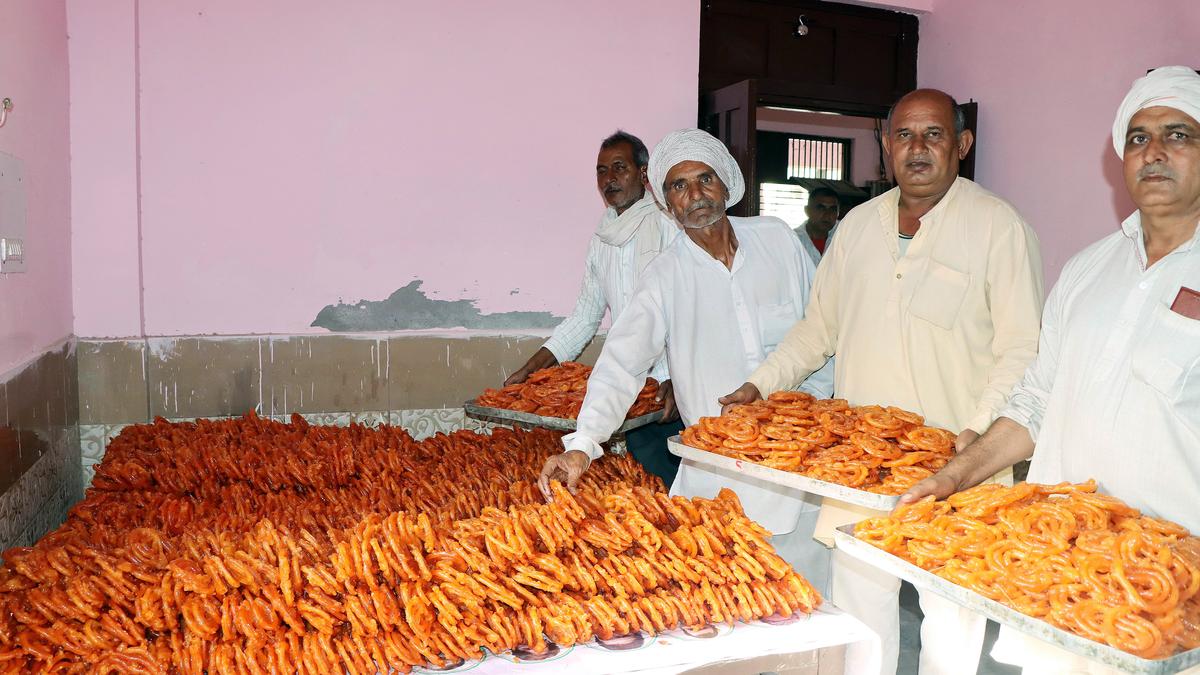
CSDS-Lokniti post-poll survey: Strategic manoeuvres helped Congress put up good show in Haryana Premium
The Hindu
The Congress’s strategic manoeuvres and its creation of a broad social coalition in Haryana paid off
Despite changing the Chief Minister just before the Lok Sabha elections to consolidate the non-Jat vote, the Bharatiya Janata Party (BJP) appears to have been outmanoeuvred by the Congress in Haryana. The strategic placement of politicians such as Deepender Hooda and Selja Kumari in a personality and family-driven political contest yielded political dividends for the Congress. Riding on strong anti-incumbency sentiment and issues such as unemployment, farmer protests, the Agniveer scheme, inflation, and discrepancies in Parivar Pehchan Patra, a platform to create authentic, verified and reliable data of all families in Haryana, the Congress forged a broad social coalition, winning five out of 10 seats in the State.
The BJP suffered a significant loss in vote share, from 58% in 2019 to 46% in 2024. Consequently, it lost five out of 10 seats to the Congress. Meanwhile, the Congress improved its vote share from 28% in 2019 to 44% in 2024. The Indian National Lok Dal (INLD) and the Jannayak Janta Party (JJP) performed poorly. The Bahujan Samaj Party (BSP)’s votes were split between the BJP and Congress, benefiting the latter the most.
Also read | Election results 2024: Chautala-led factions in Haryana put up a dismal show
The Congress successfully penetrated the non-Jat voter base of the BJP, including Baniyas, upper castes (Brahmins, Rajputs, Punjabis), and Other Backward Classes (Yadavs and Gujjars). While the BJP largely retained its upper caste votes, it experienced a big dent in its OBC voter base — an almost 29% decline since 2019. Most of this support appears to have crossed over to the Congress. More than half the OBCs voted for the Congress. Traditionally, Scheduled Caste (SC) votes have been split between the BSP and the BJP, but this time, two of every three Dalits voted for the Congress. The Jat vote, which holds significant leverage, also favoured the Congress, as two in every three Jats voted for the party (Table 1).
The Congress’s strategic manoeuvres and its creation of a broad social coalition in Haryana paid off. The big question is whether this success will be replicated in the Assembly elections later this year.
Harish Kumar is Professor of Journalism and Mass Communication at Maharshi Dayanand University, Rohtak, and Devesh Kumar is Researcher at CSDS











